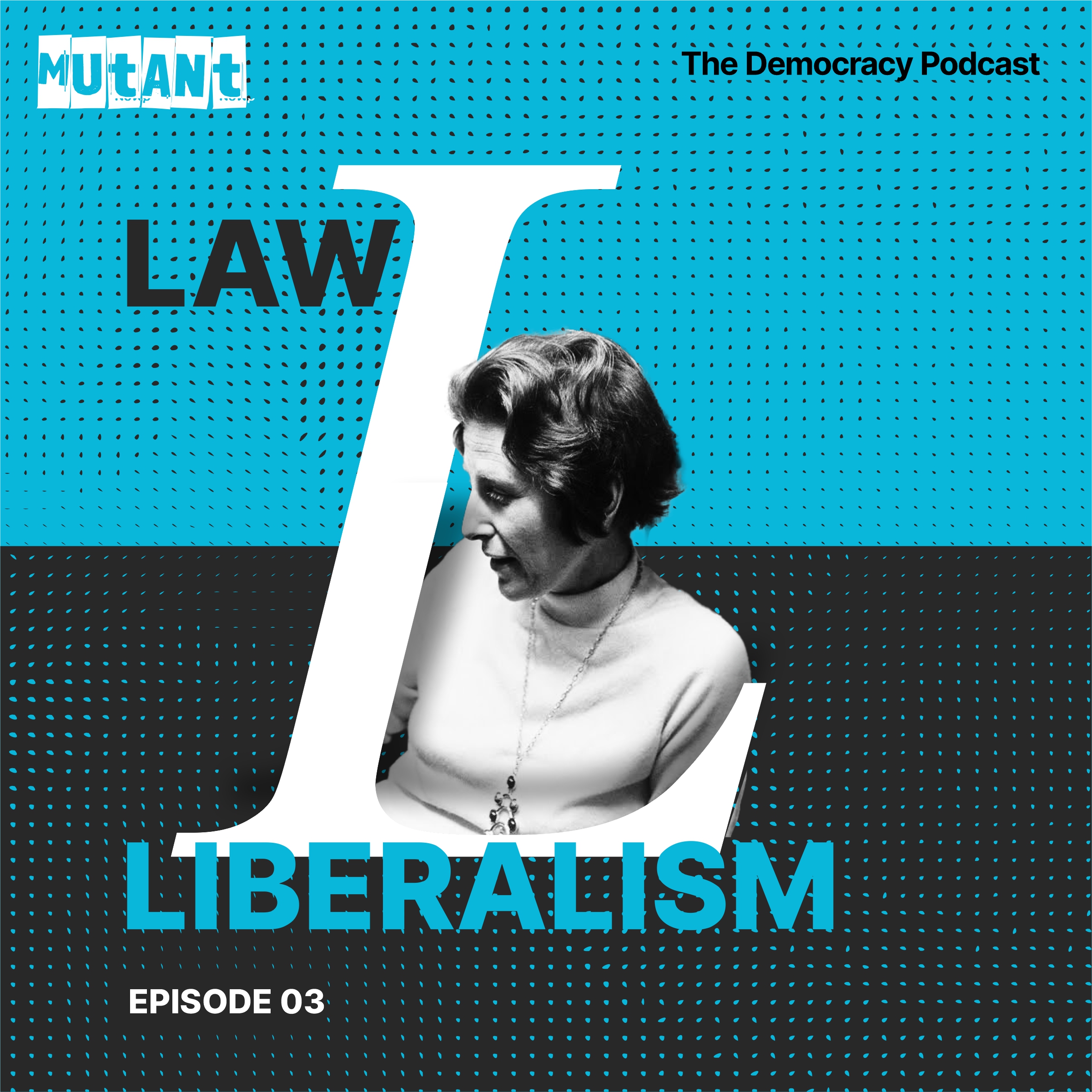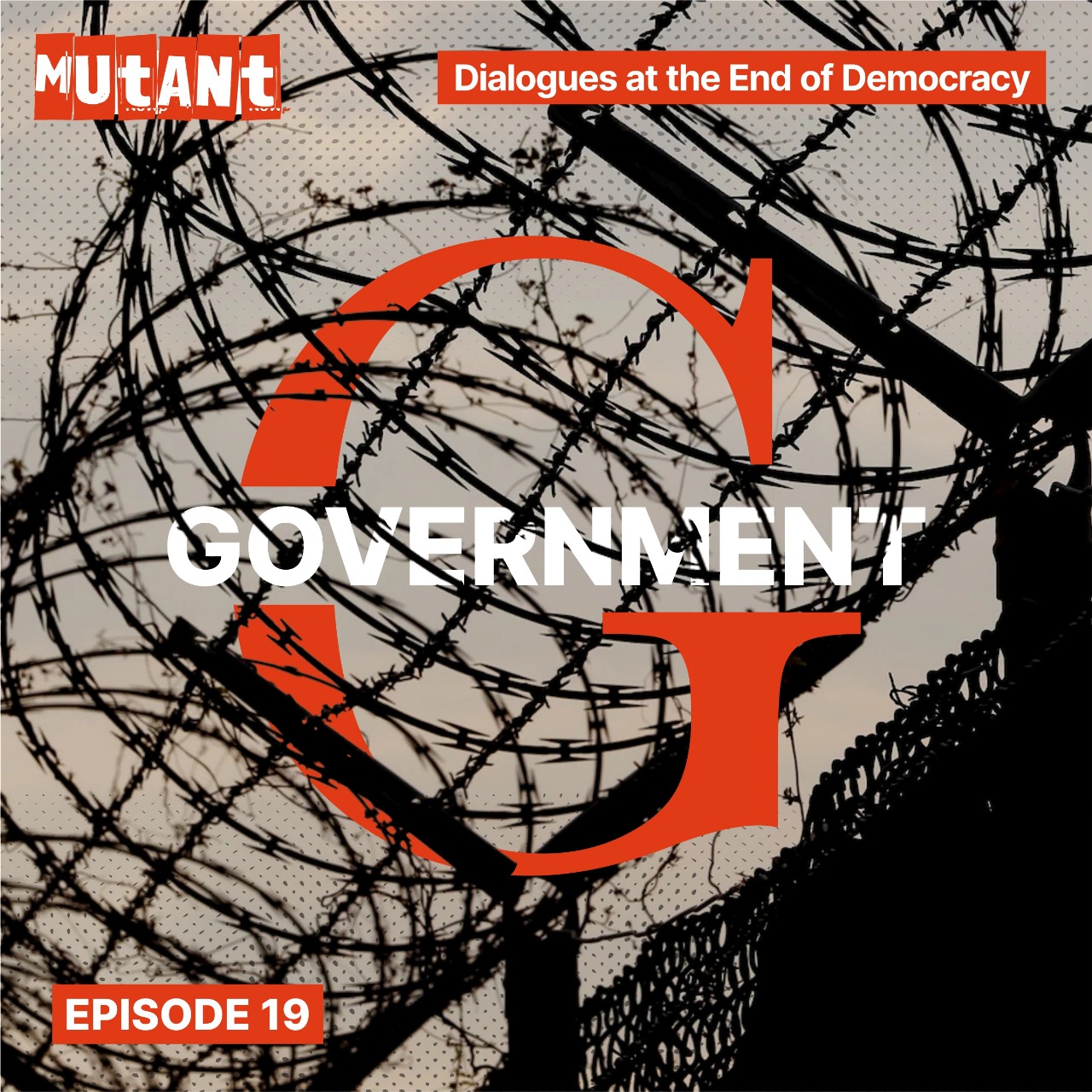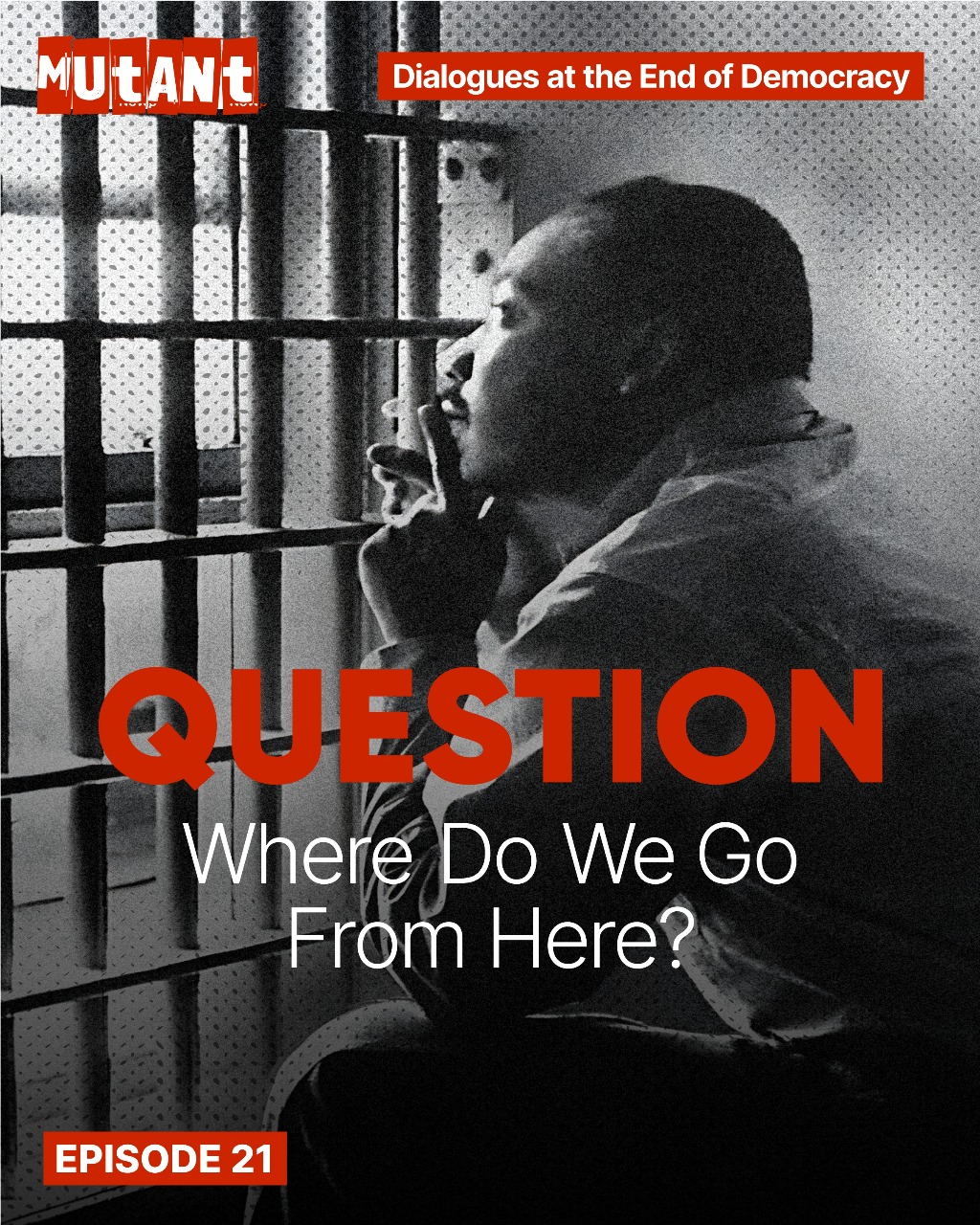Mutant’s first episode was an archaeology of democratic anger, and as we publish our 13th, almost midway through the Roman alphabet, we return to our beginnings; to a concept that silently saturates our political condition, bubbling corrosively in the shadow of that which it is too often conflated with, even though they belong to two fundamentally different orders.
Resentment.
Silence clouds our understanding of resentment no more and no less than it defines it. Because silence is endemic to the seething, destructive force of political and civic resentment.
If anger has democratic potential, it is because, Aishwary reminds us, “anger has a language, and therefore a certain kind of epistemic clarity to it.” Resentment, on the other hand, is a concentration of an entire moral and psychological universe into the self, “where only the self and its injuries, its defeats — real or imagined, medieval or modern — matter to oneself.”
“We cannot decipher or even fully discern resentment because it does not speak in its own language. It insinuates itself into languages of dignity, into languages of merit, into languages of self-made world-making.
And from there on, indignant violence is merely a step away, including violence against one's own and one's self.” To understand resentment, then, is to probe the ambiguous place of self-injury, of self-knowledge, and thus of dignity in politics. “There's a moral impasse between the dignity of selfhood and the logic of resentment,” says Aishwary. “There’s no history of dignity without some resentful sense of defeatism in it.”
We excavate the miasmic political and civic resentments lurking under the modern social contract worldwide, and explore how the Civil Rights tradition has so powerfully forced these resentments out into the open, made them speak, forced their rage into presence, and shined a light on their seething, dark view of the future.
Art: Cain Slaying Abel by Jacopo Palma il Giovane

“At the heart of law is not justice but the will to punish. And it is when this will to punish becomes a pervasive...

Watching the scale, speed, and lawless ease with which some of the most storied postwar American institutions have been attacked and dismantled in the...

Has America given up its “pursuit of happiness”? Why do we ask so many questions? "How does it feel to be a problem?" Du...